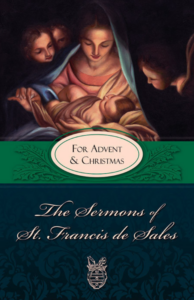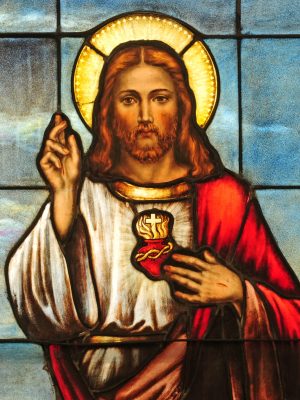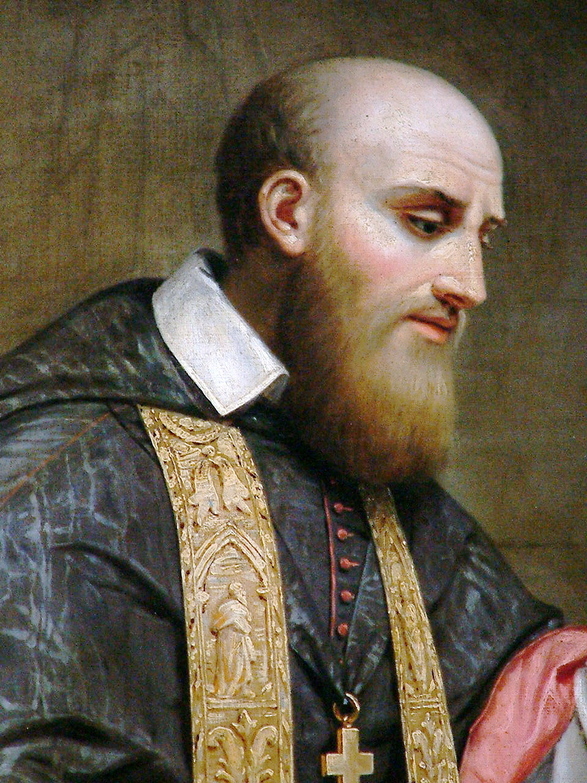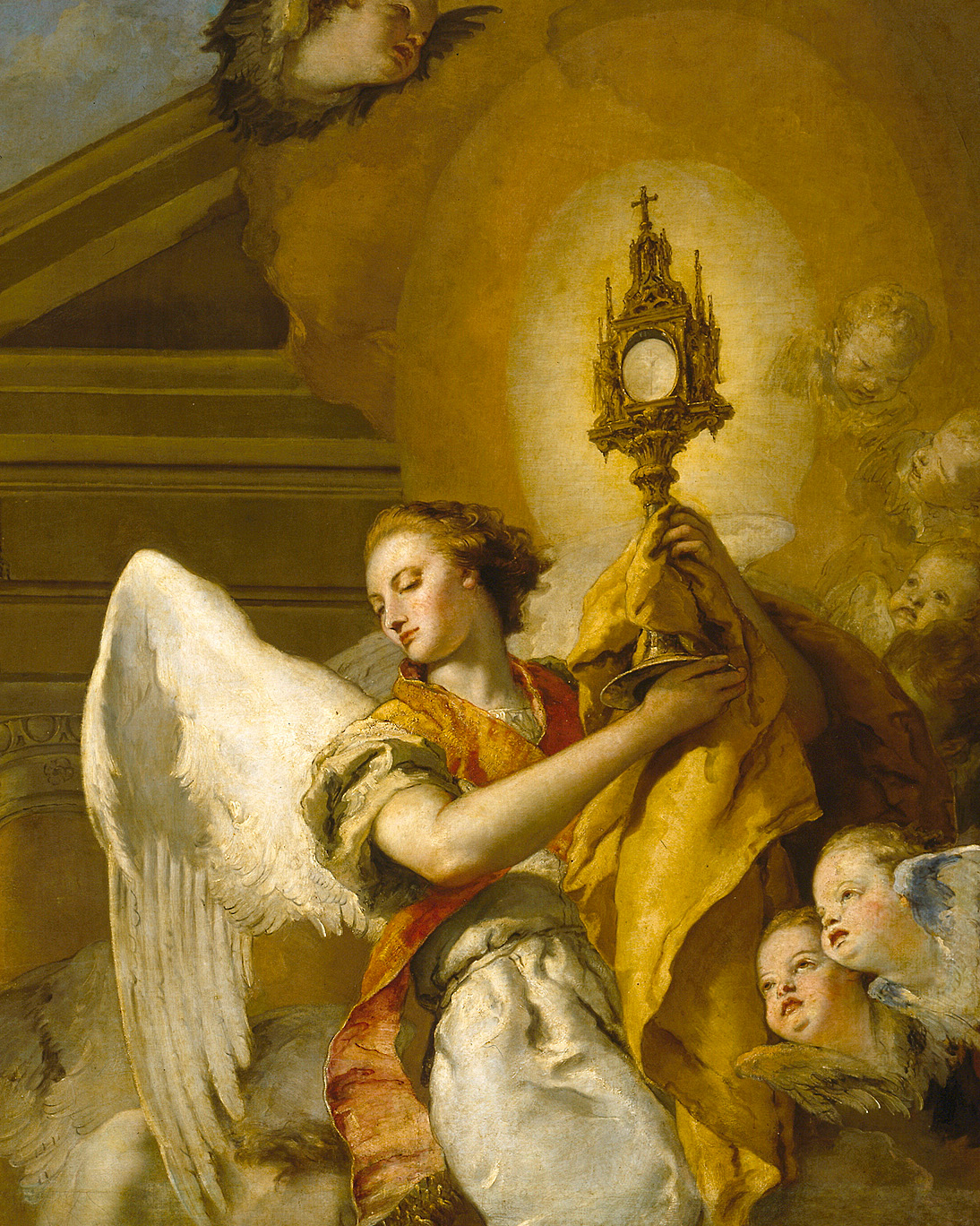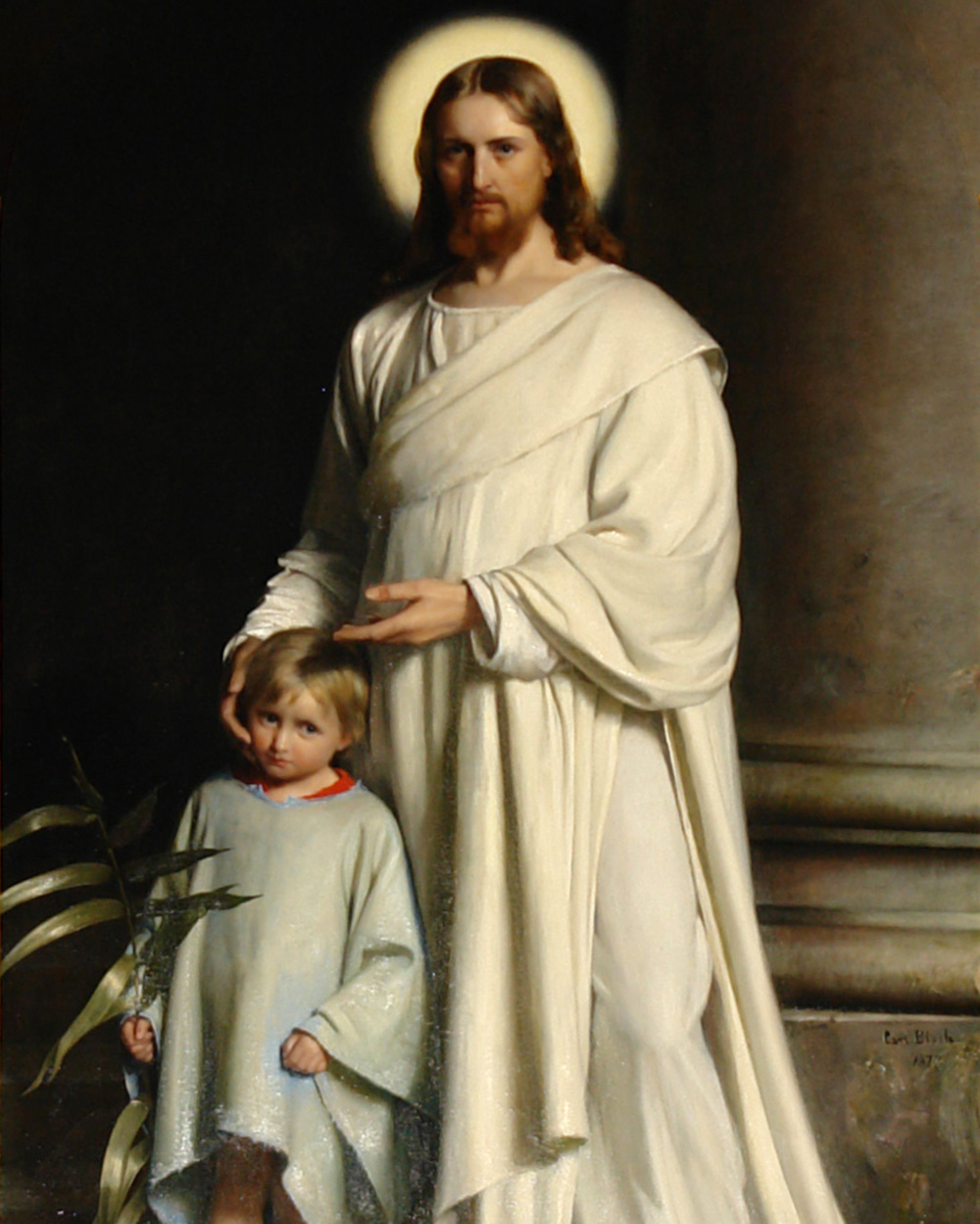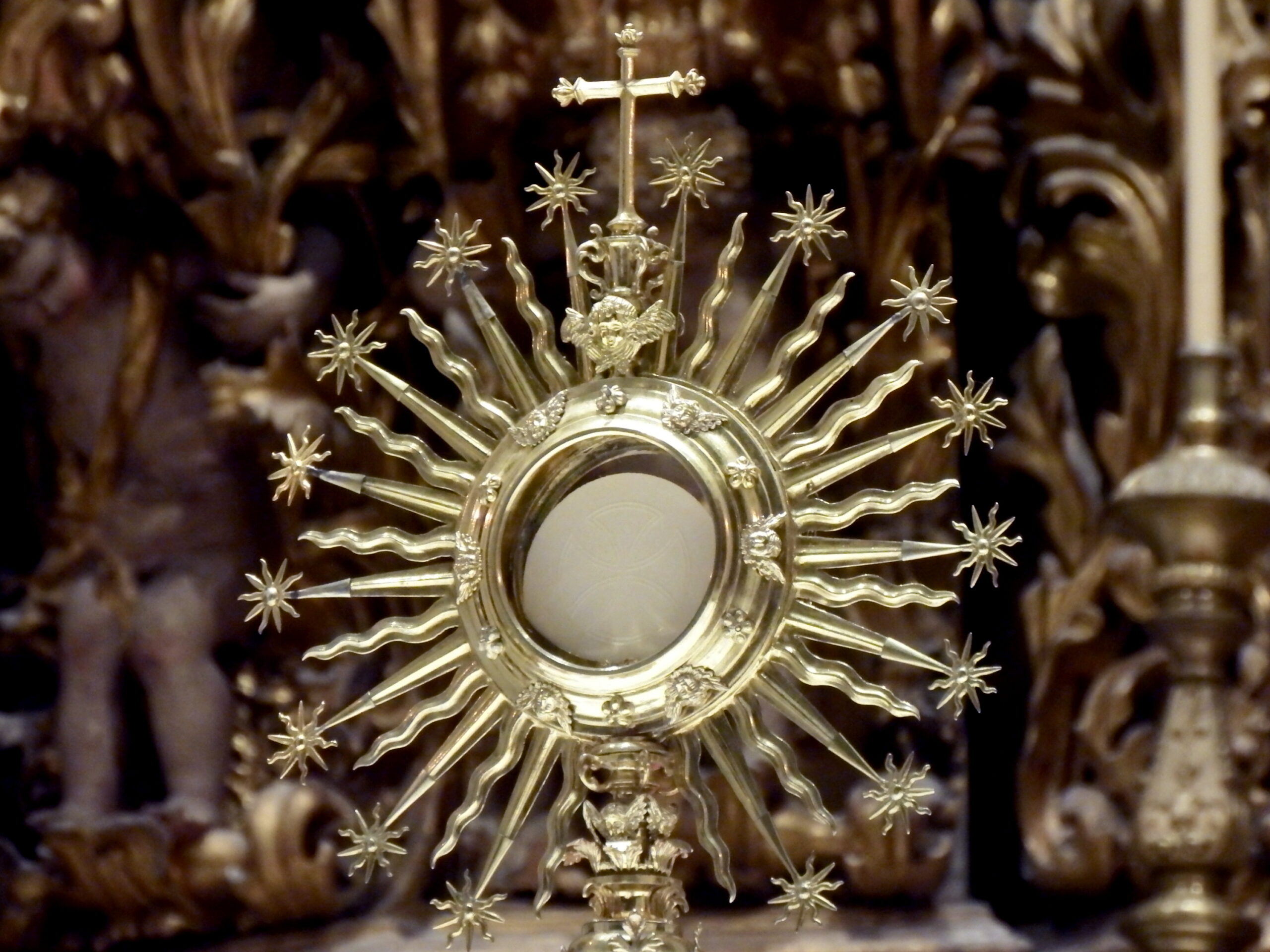The Incarnation occurred in order to teach us to live no longer like brute animals, as people did after Adam’s fall, but with and according to reason. Our Lord came, in fact, to teach us abstinence and sobriety in material things, honors and comforts of this world, to trample all that underfoot while embracing their opposites.
Men Lived Like Beasts
Before the Incarnation, men lived like brute beasts [Ps. 48(49):13, 21], running after this life’s honors and pleasures as horses, dogs and other animals go after what they covet. Watch a horse. When it is thirsty and finds a place to quench its thirst, it plunges into the water. Even if it is bridled, there is no way of stopping it. It will drag its rider with it.
People who live not according to reason, but according to their disorderly appetites, plunge into the search for sensual satisfactions. Desiring to draw them away from this manner of life, Our Lord became incarnate in order to bridle and check them, teaching them by His works not to value these things at all.
Even Beasts Recognize Their Masters
There is no beast, however brutal, who does not recognize the one who is good to him. The horse knows its former stable, because it was, given its oats there. The dog knows its master. The same is true of other animals, which seem to have a certain feeling for those who are good to them. [Cf. Is. 1:3].
While man was living like a brute animal, Our Lord came to teach him how to live otherwise. He gave him many wonderful examples of sobriety. And there is no one, however deficient in judgment and reason, who, knowing this, would not experience some feeling of gratitude for it.
In Suffering, We Become Like God
Now the Saviour also became incarnate to teach us spiritual sobriety, which for Him consisted in a detachment from and a voluntary privation of all the delightful and agreeable things He could have had and received in this life. He willingly and with full consent took upon Himself all the labors and tribulations, poverty and contempt that could be endured in this world. [Is. 53:4-5]. His perfectly glorious soul continually enjoyed the clear vision of Divinity, yet He did not wish, for that reason, to be exempt from sorrows.
At the moment of His Incarnation, He saw and read in the book of predestination all that He was to suffer. This book was entitled The Holy Will of God; Now, during His entire life Our Lord did nothing else but read, practice and keep all that He had found written there [Ps. 39(40):7-9; Heb. 10:5-9], conforming His will to that of His heavenly Father, as He Himself said: “I came not to do My own will, but that of Him who sent Me.” [Jn. 6:38].
This article is taken from a chapter in The Sermons of St. Francis de Sales: For Advent and Christmas, which is available from TAN Books.
